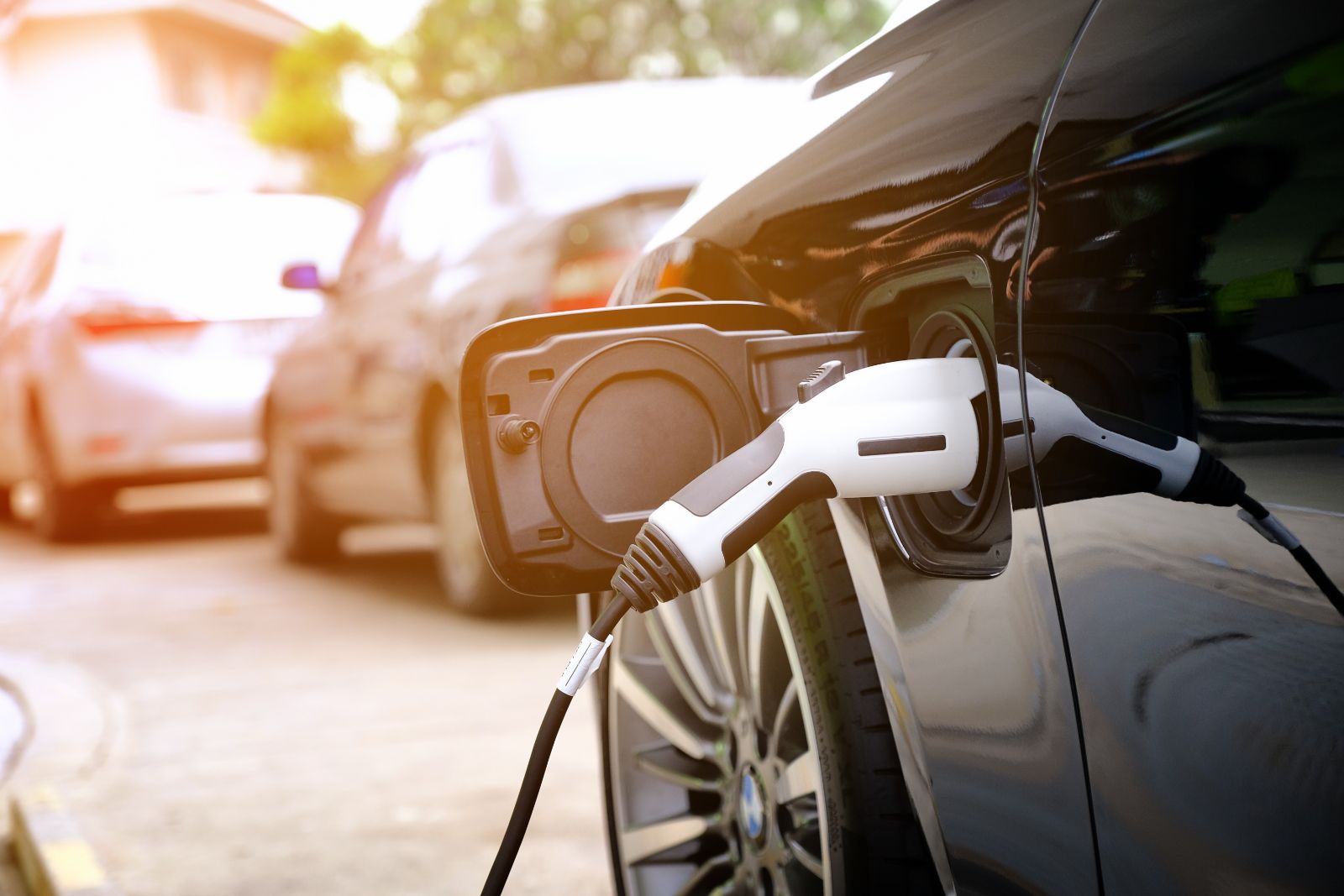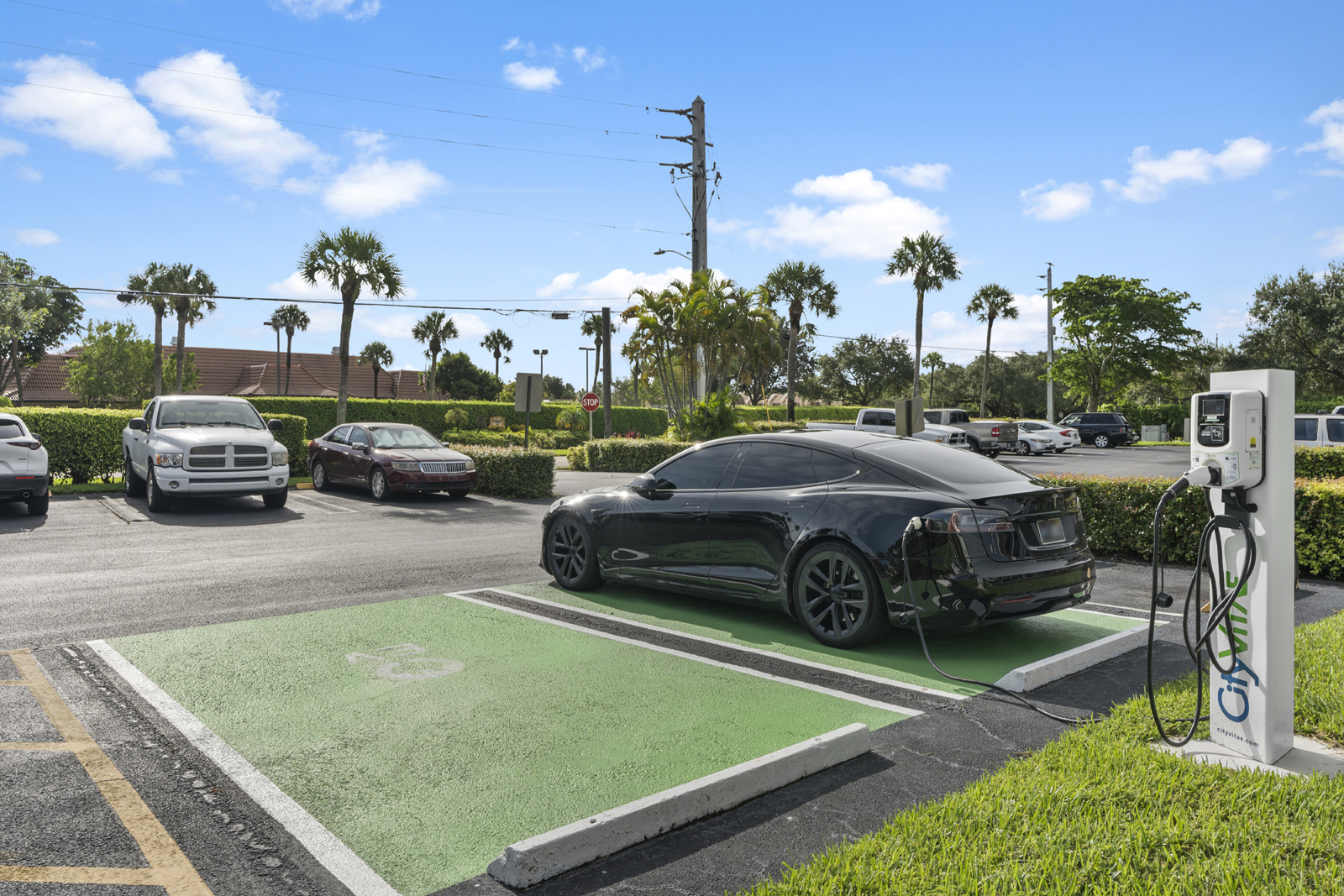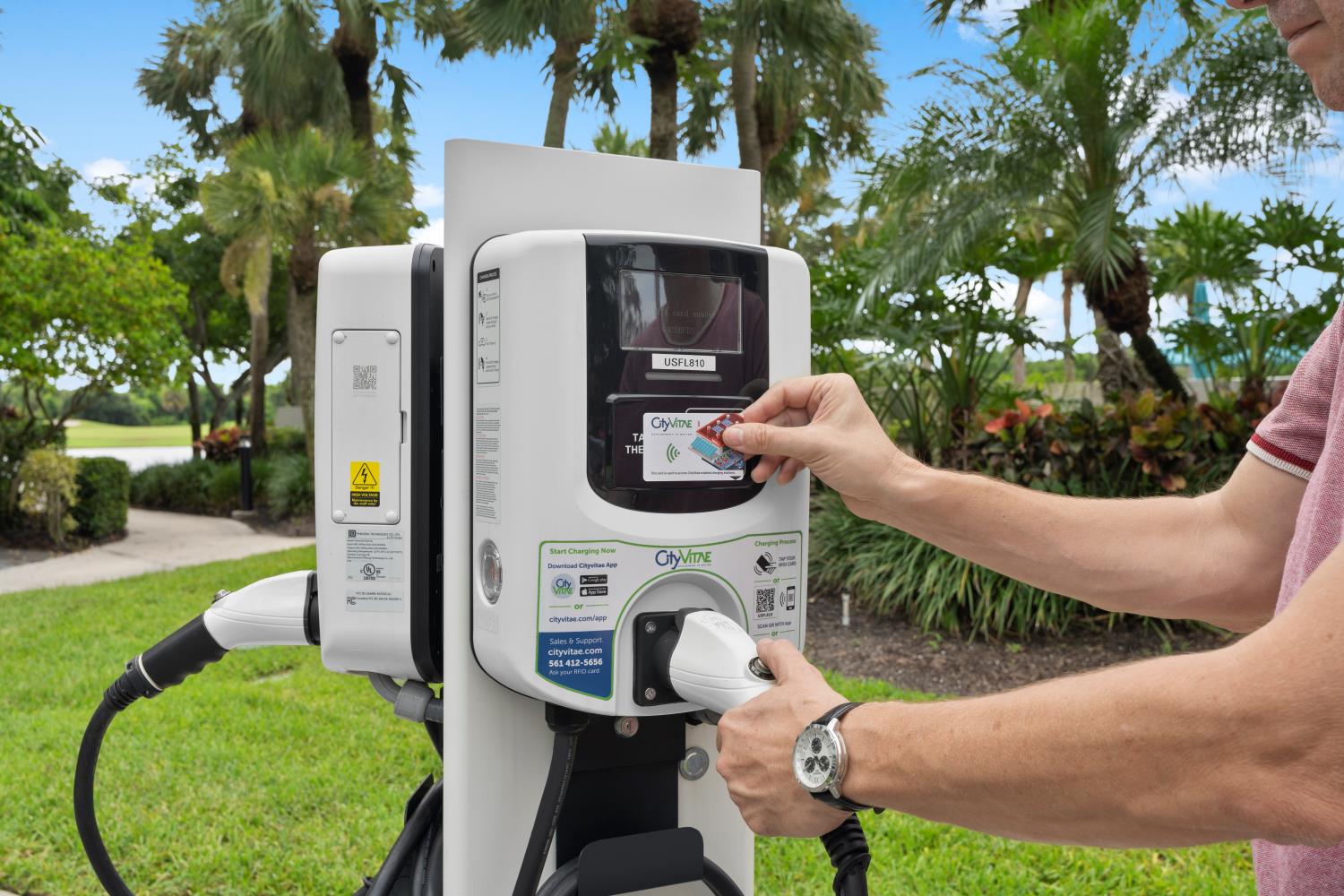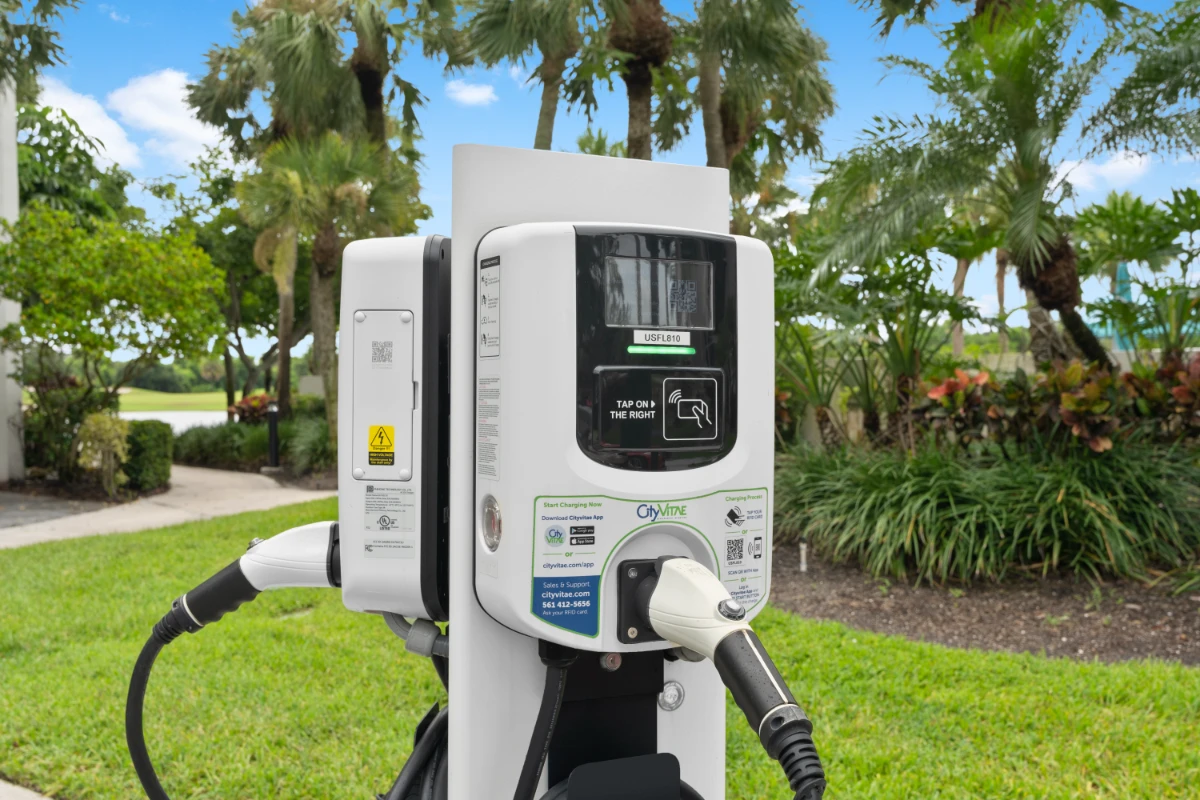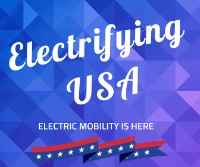Participants discussed the type of charging infrastructure best suited for the electric mobility of public transport, opportunity charging at the bus stop, or slow charging at night in the yard. In the field of private transport, the relevance of introducing differentiated daytime rates in the regulated market was discussed. This would facilitate the entry of private actors by improving the return on possible investments in charging infrastructure.
Concerning the first point, it would be necessary to evaluate, on the one hand, the high cost of opportunity chargers at bus stops injecting a lot of power in the short time that the bus stops; on the other hand, the strong urban impact of confining large spaces with hundreds of charging stations operating at the same time. A good comparative cost/benefit analysis will shed light on the best decision to be made, but, as always, there are no perfect solutions.
About the introduction or not of public subsidies in the form of differentiated tariffs, apart from the already existing reduced and super-reduced night tariffs, we have our own recommendation. From a purely economic point of view, the operation of electric mobility is, for both the user and the State, clearly in the red.
Private vehicles are between 20% and 30% more expensive (100% for buses), these are only amortized if we drive long distances daily (between 30,000/40,000 km/year). Moreover, no one, neither public nor private, wants to take over the necessary investment in infrastructure in public space. Similarly, the cost of civil works to build a bridge that shortens a citizen’s journey between point A and point B will never be economically viable. Why are bridges and highways built? What makes it possible for a government to invest in infrastructure is that it brings social value. And for all modern economies, the key factor is that this value is positive in the form of time savings, human lives, etc.
We propose to introduce into our discussions what is the social value of electric mobility in order to get out of a reductionist discourse on its economic value.
In another moment of the event, we talked about the particular case of Colombia and its electric mobility leadership in the region, after the country made a clear bet in this sense.
We understand that Colombia has done much more than a bet. In the year 2019, they registered 1,362 plug-in vehicles.When we analyze the leading countries in electric mobility worldwide, we know that state incentives, both direct and indirect, are crucial for electric mobility to go from wishes to reality.
Our Colombian colleagues were so aware of this that they created the most important support package in the area with the 1964 Law of July 11, 2019. Through a 5-page document (one of which is dedicated to signatures) the Colombian Congress sealed the leadership of this country in the growth of clean mobility. This contrasts with the 14 electric car registrations in Peru or the 302 in Chile in the same period.
Other interesting topics were also discussed, such as the possible electric mobility standard for the Pacific area, the conversion of combustion cars to electric cars, or the possibilities of our particular wealth of raw materials to develop an electro-mobile industry in the Pacific region.
We welcome these types of forums and hope to have new initiatives in the immediate future to push for the responsible adoption of electric vehicles.
Anna Mª Francino, Business Development, CityVitae
